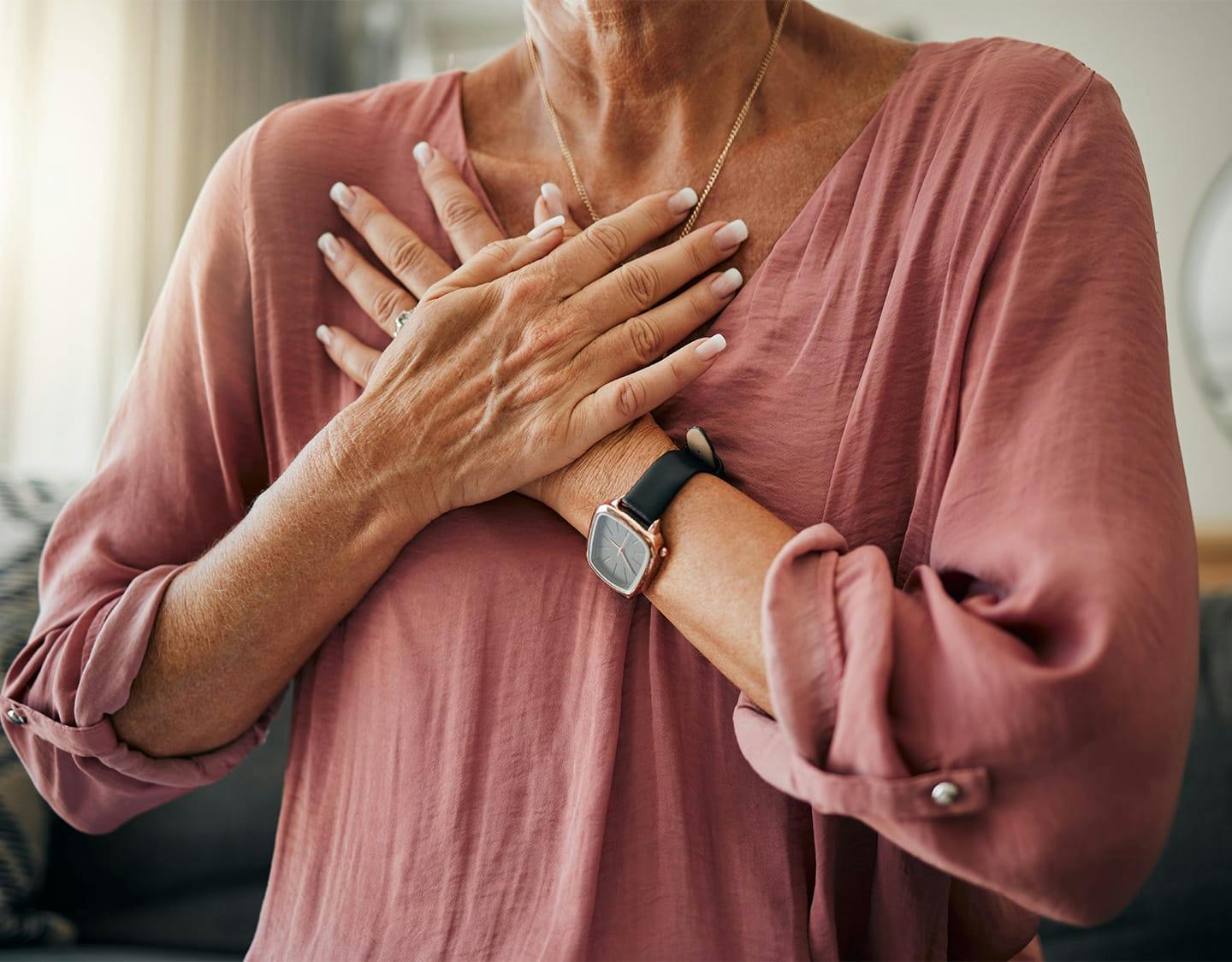Are My Implants Affected by the FDA Recall?
The FDA recall only applies to Allergan BIOCELL textured breast implants. The company’s smooth implants are not affected. The following products and styles are of textured implants are affected by the FDA recall:
- Allergan Natrelle Saline-Filled Breast Implants – Styles 163, 168, 363, and 468
- Allergan Natrelle Silicone-Filled Textured Breast Implants – Styles 110, 115, 120, TRL, TRLP, TRM, TRF, TRX, TCL, TCLP, TCM, TCF, TCX, TSL, TSLP, TSM, TSF, and TSX
- Natrelle 410 Highly Cohesive Anatomically Shaped Silicone Filled Breast Implants – Styles 410FM, 410FF, 410MM, 410MF, 410FL, 410ML, 410LL, 410LM, 410LF, 410FX, 410MX, and 410 LX
- Natrelle 133 Plus Tissue Expander (K143354)
- Natrelle 133 Tissue Expander with Suture Tabs (K102806)
If you have received any of the implants above and been diagnosed with breast implant-associated anaplastic large cell lymphoma, please call our Allergan breast implant cancer claims attorneys today.



